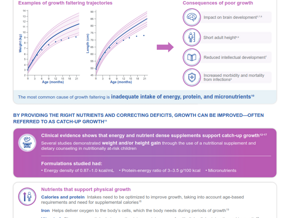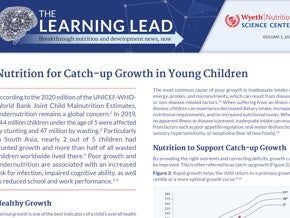
Article
[Consensus statements] COVID-19 vaccine allergy safety in Hong Kong
Public health
3 min read
Nine new statements have been established to replace the previous 11 consensus statements:
- Individuals with a history of immediate-type allergic reaction with systemic symptoms to previous COVID-19 vaccination should NOT receive further COVID-19 vaccine until allergist evaluation
- Individuals with a history of non-immediate type allergic reaction to prior COVID-19 vaccination that needed medical attention should seek allergist advice before receiving further COVID-19 vaccine
- Individuals with a history of severe immediate-type allergy to multiple classes of medicines may have an undiagnosed excipient (i.e. polyethylene glycol, PEG) allergy and they may be vaccinated with a vaccine without PEG (people with strong preference to receive vaccines with PEG may consider referral to an allergist)
- Allergy test with surrogates with or without PEG appears to be poorly predictive and should NOT be performed routinely. If these tests are done, results should be interpreted in the context of a detailed clinical history by an allergist
- Patients suffering from allergic rhinitis, asthma, atopic dermatitis, chronic urticaria, drug and food allergies and anaphylaxis not related to COVID-19 vaccines (without other precautions) do NOT require to meet an allergist for evaluating COVID-19 vaccine allergy risk
- Healthcare professionals should be well prepared to recognize and treat allergic reactions in a proper way, with adrenaline and antihistamines available
- If an immediate-type allergic reaction after COVID-19 vaccination is suspected, blood for serum tryptase should be collected from 30 minutes to 4 hours (preferred to be within 2 hours) of symptom onset
- Individual should be observed routinely for at least 15 minutes after receiving COVID-19 vaccine. People at higher risk of COVID-19 vaccine-associated allergic reactions should be observed for at least 30 minutes after receiving vaccine
- Full excipient lists should be mandated and be available in all product inserts of registered drugs
Link to the full article:
https://www.ncbi.nlm.nih.gov/pmc/articles/PMC8819424/pdf/apa-12-e8.pdf
Reference:
Chiang V et al. Updated consensus statements on COVID-19 vaccine allergy safety in Hong Kong. Asia Pac Allergy. 2022;12(1):e8.
Other articles that you might be interested in:
[Literature library] Coronavirus Disease 2019 (COVID-19) mRNA-based vaccination and breastfeeding
WYE-EM-019-FEB-22
If you liked this post you may also like



